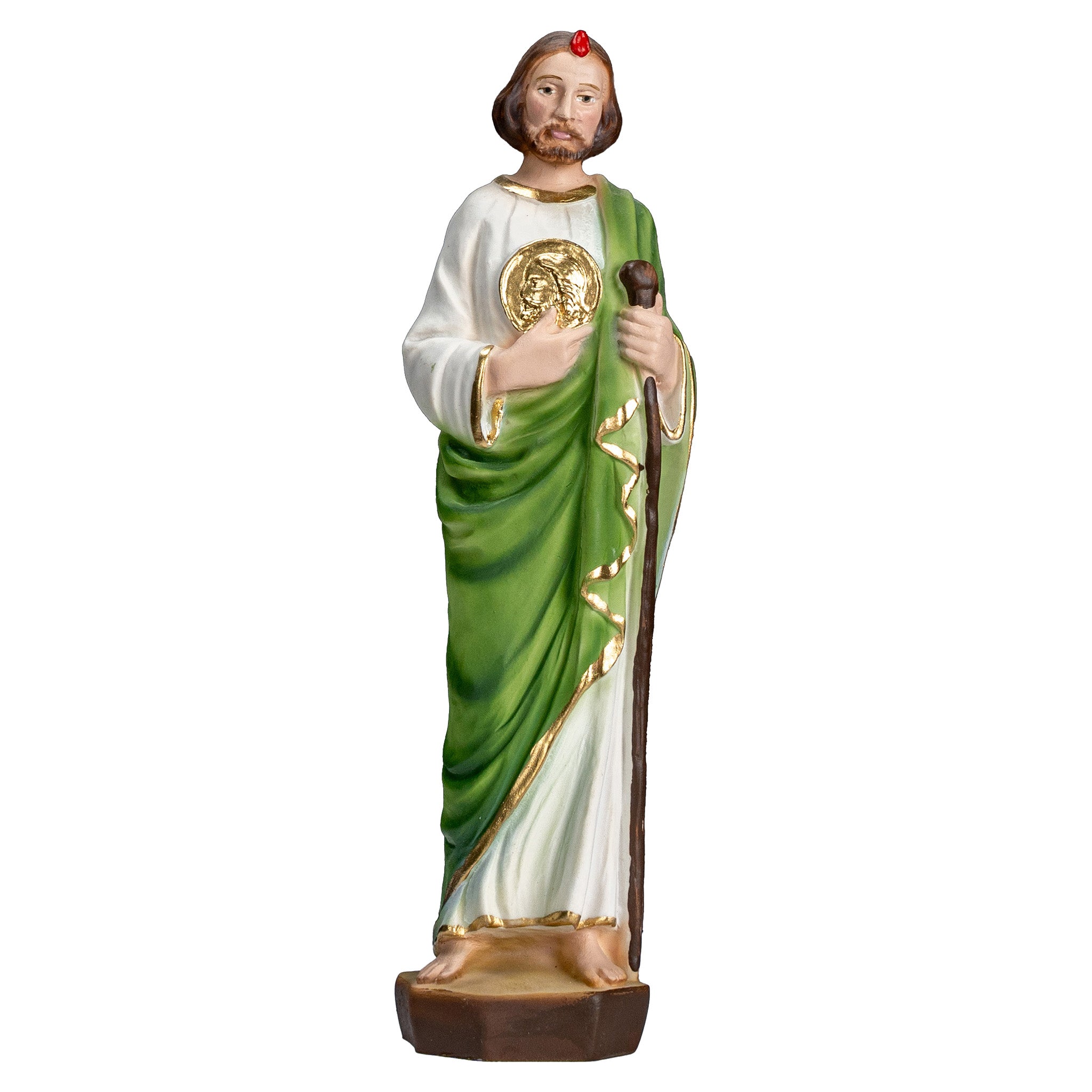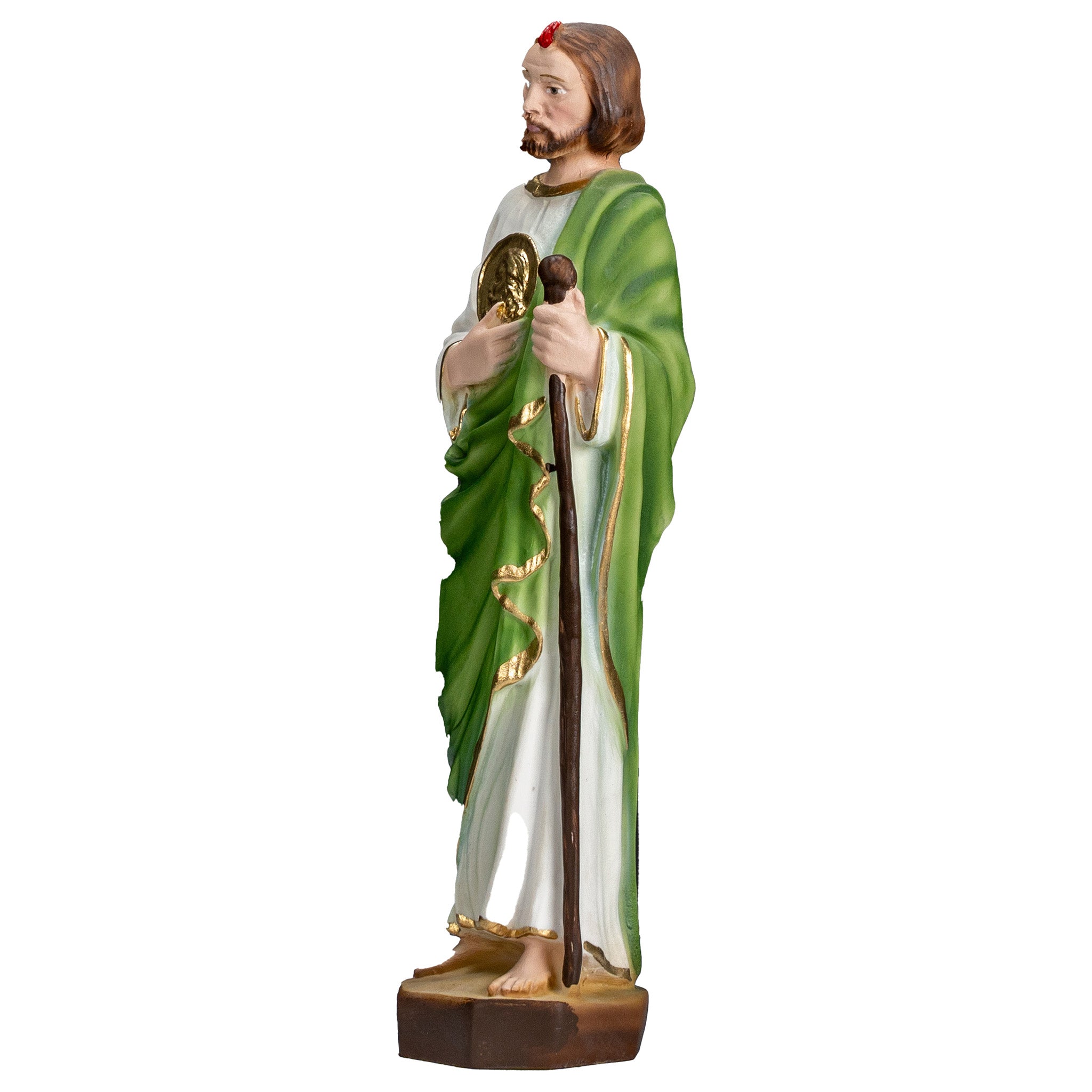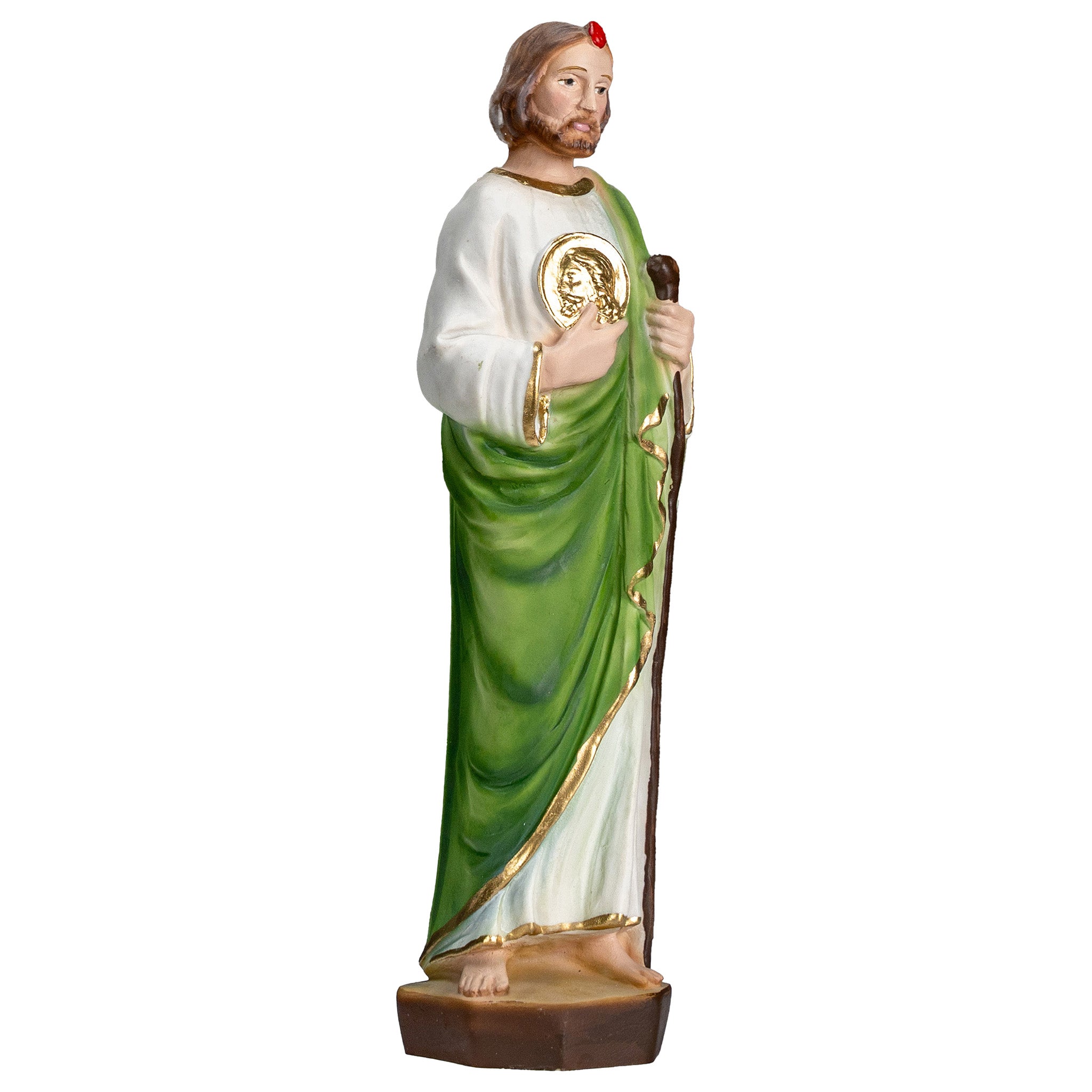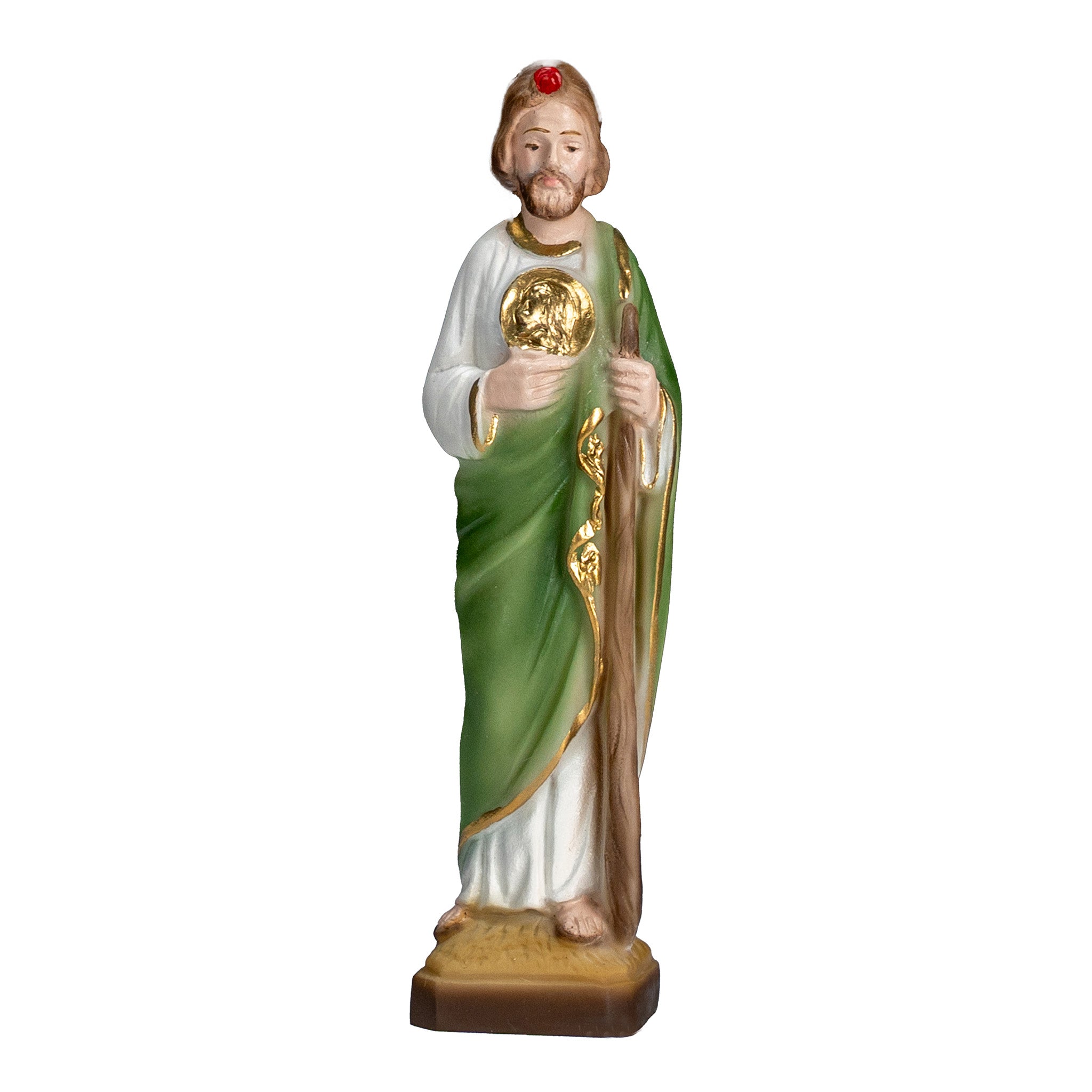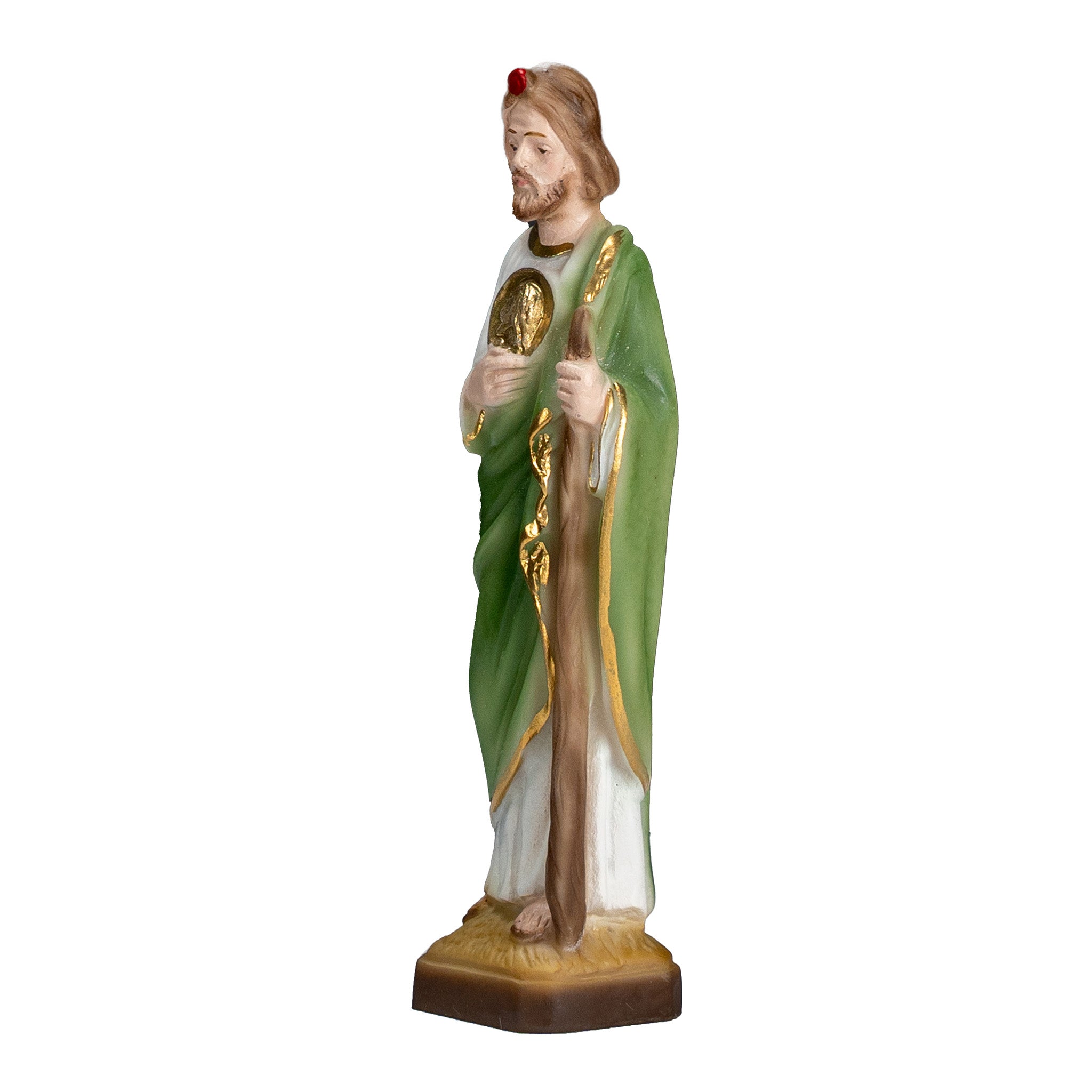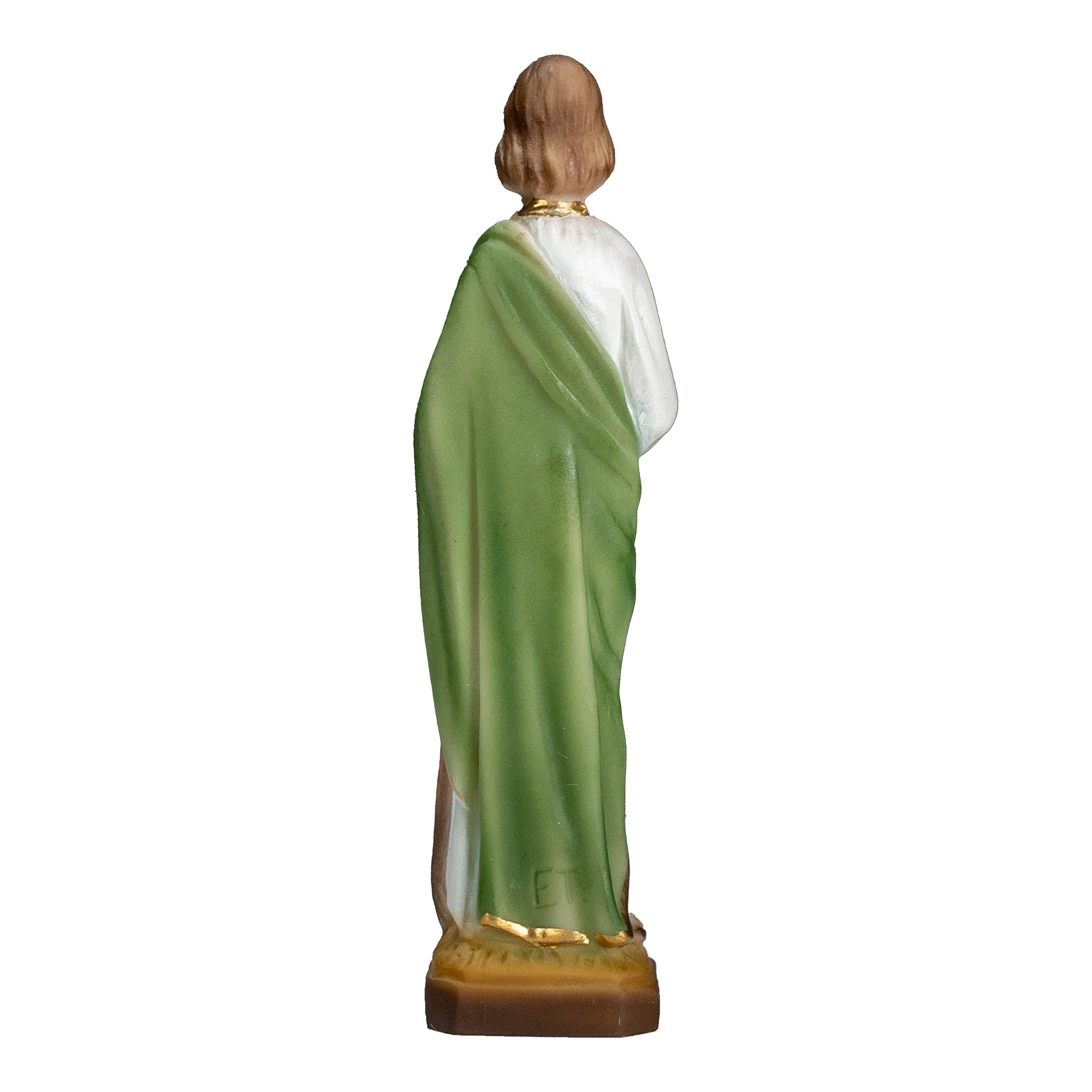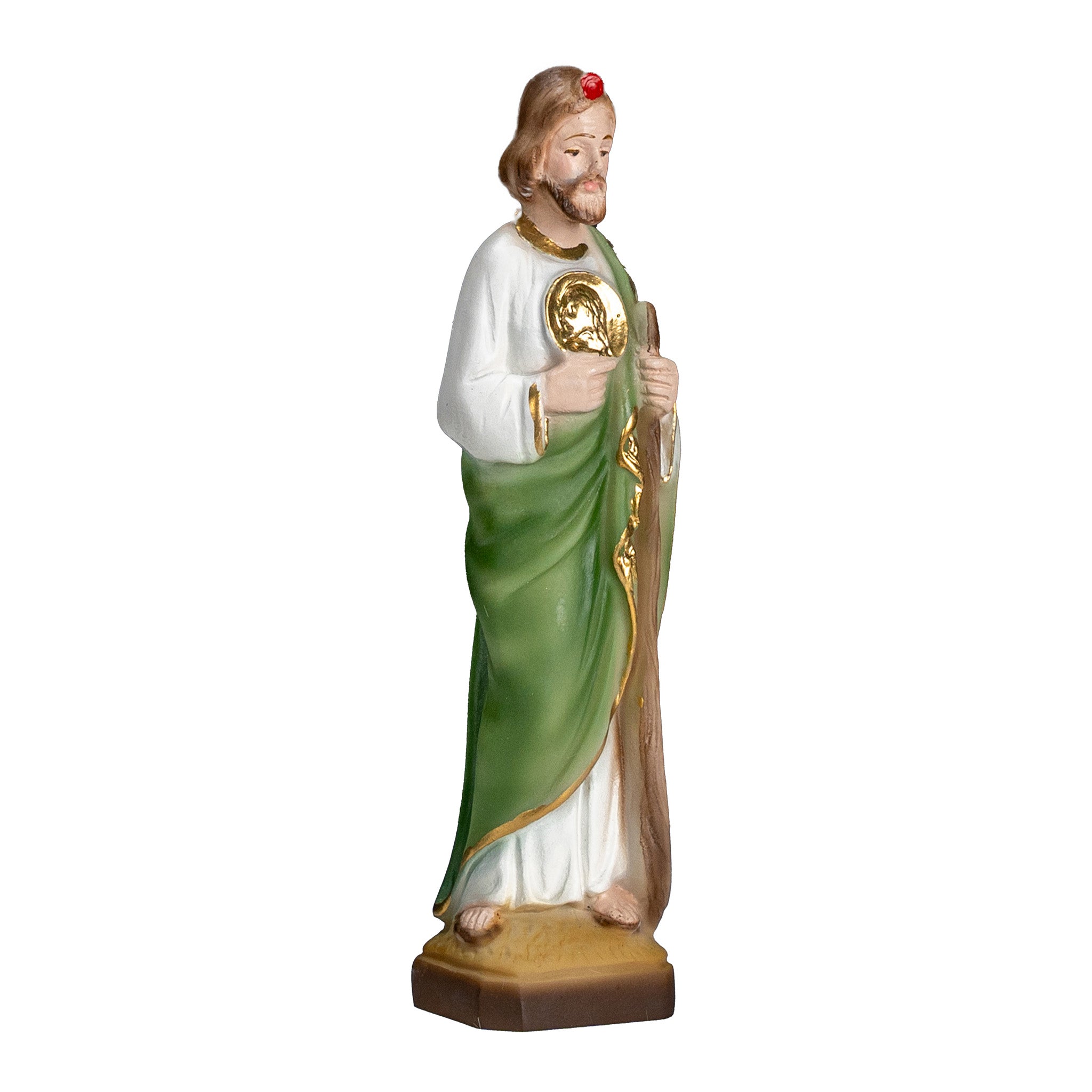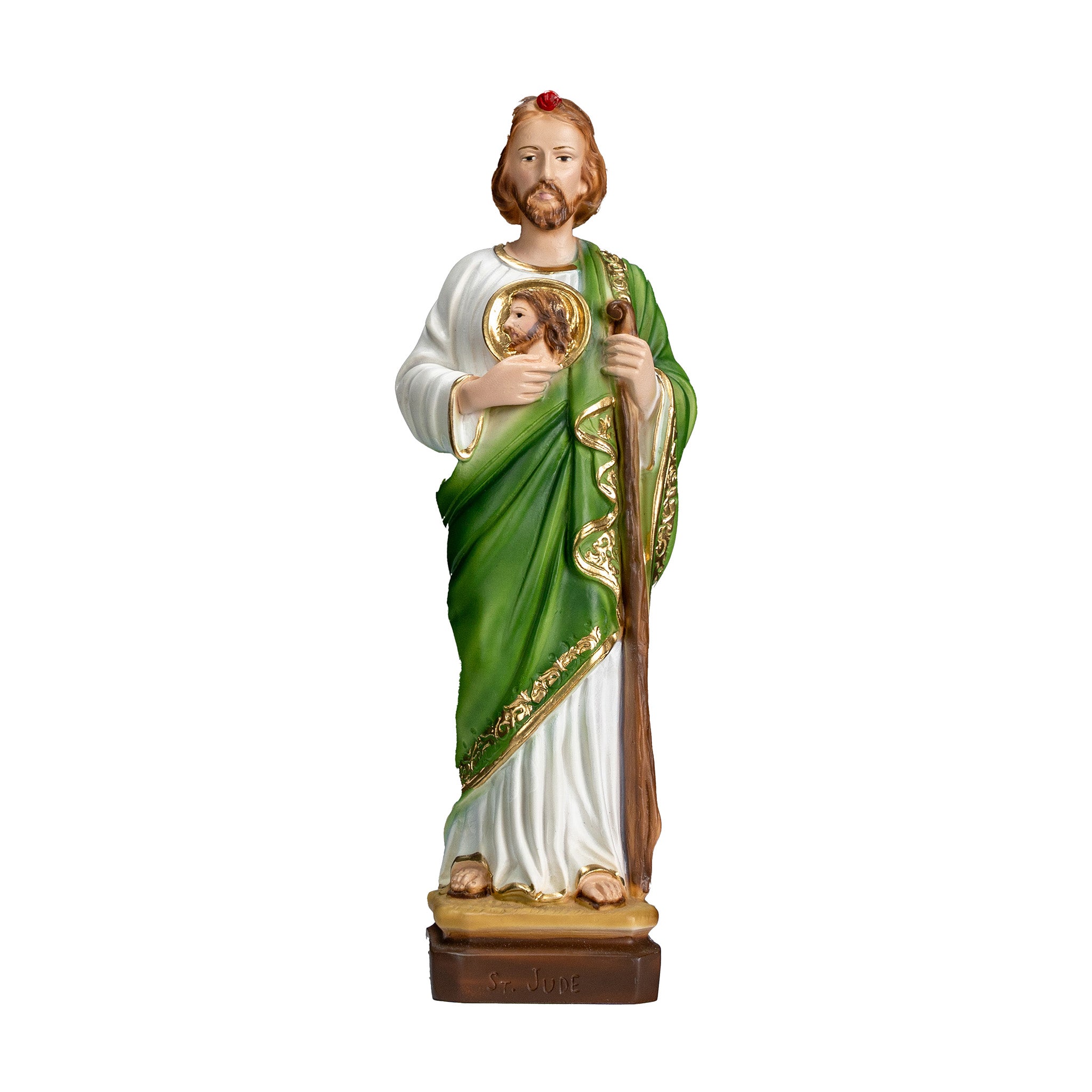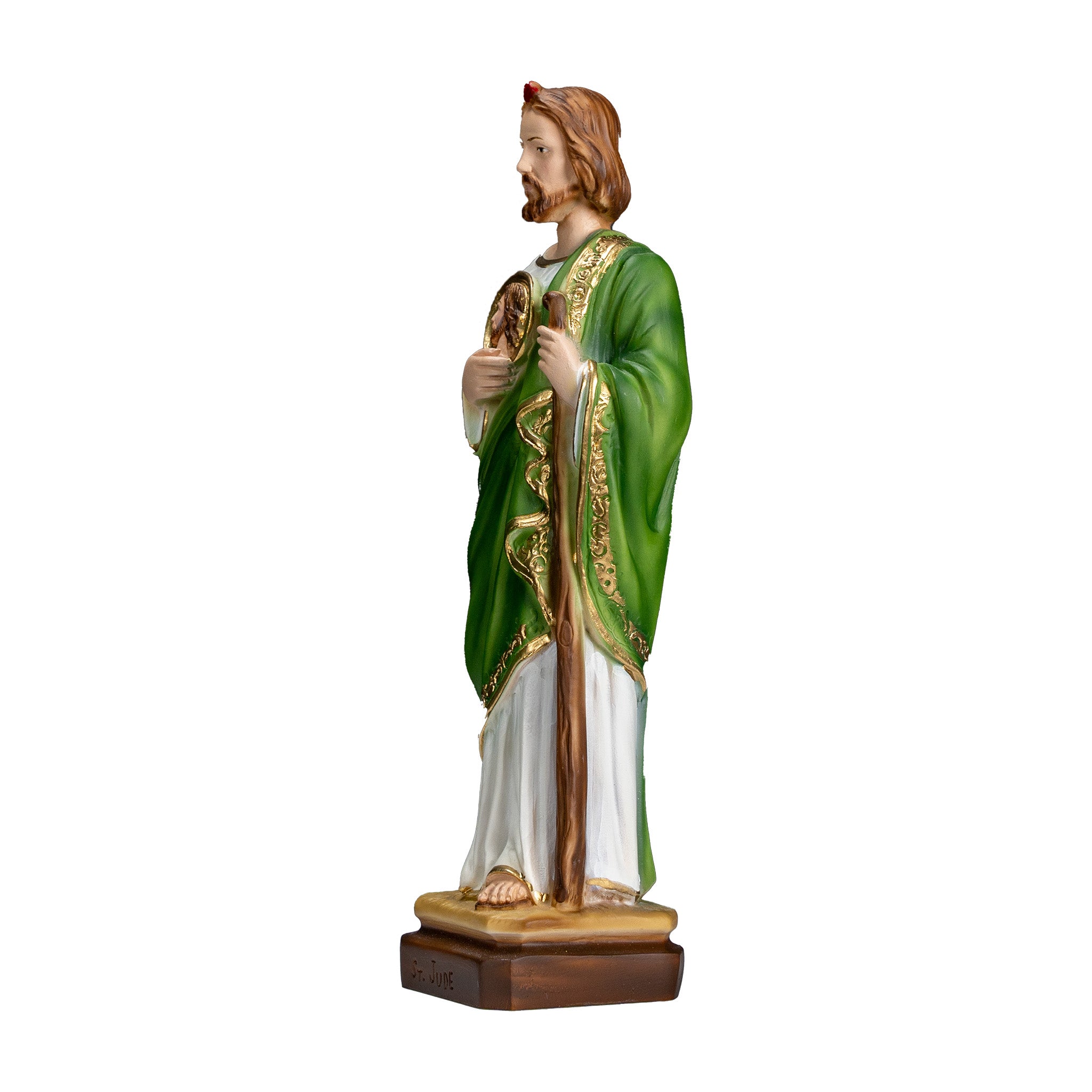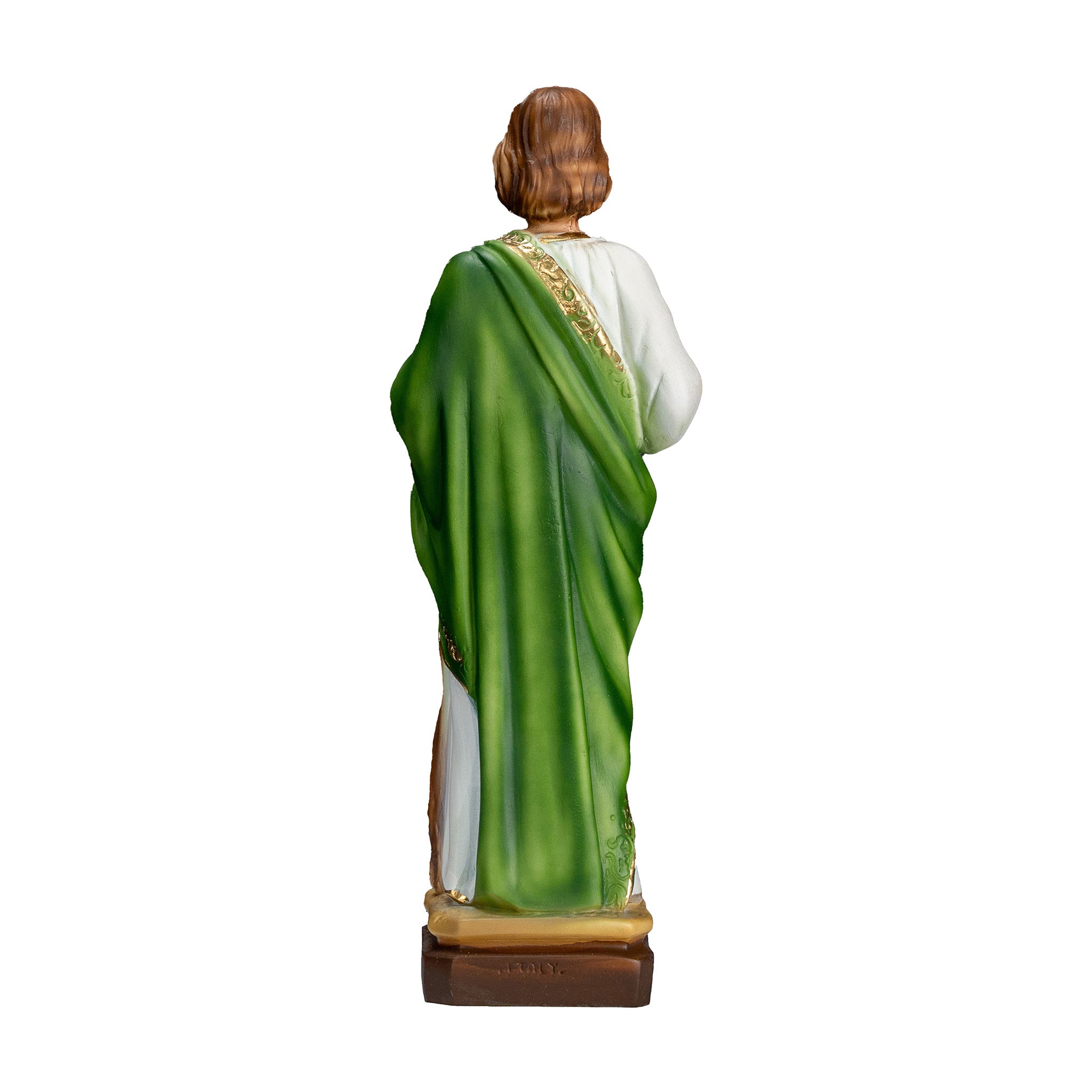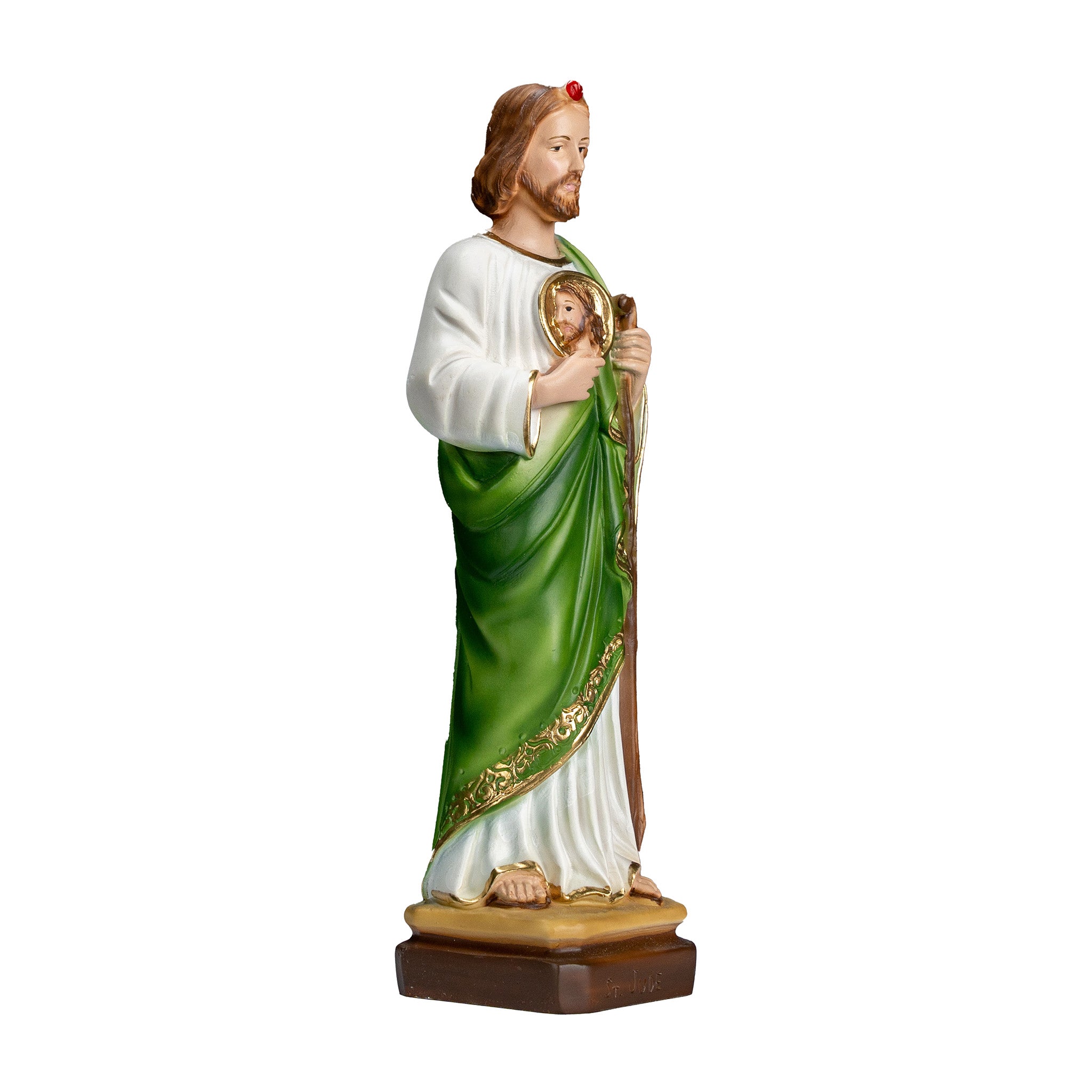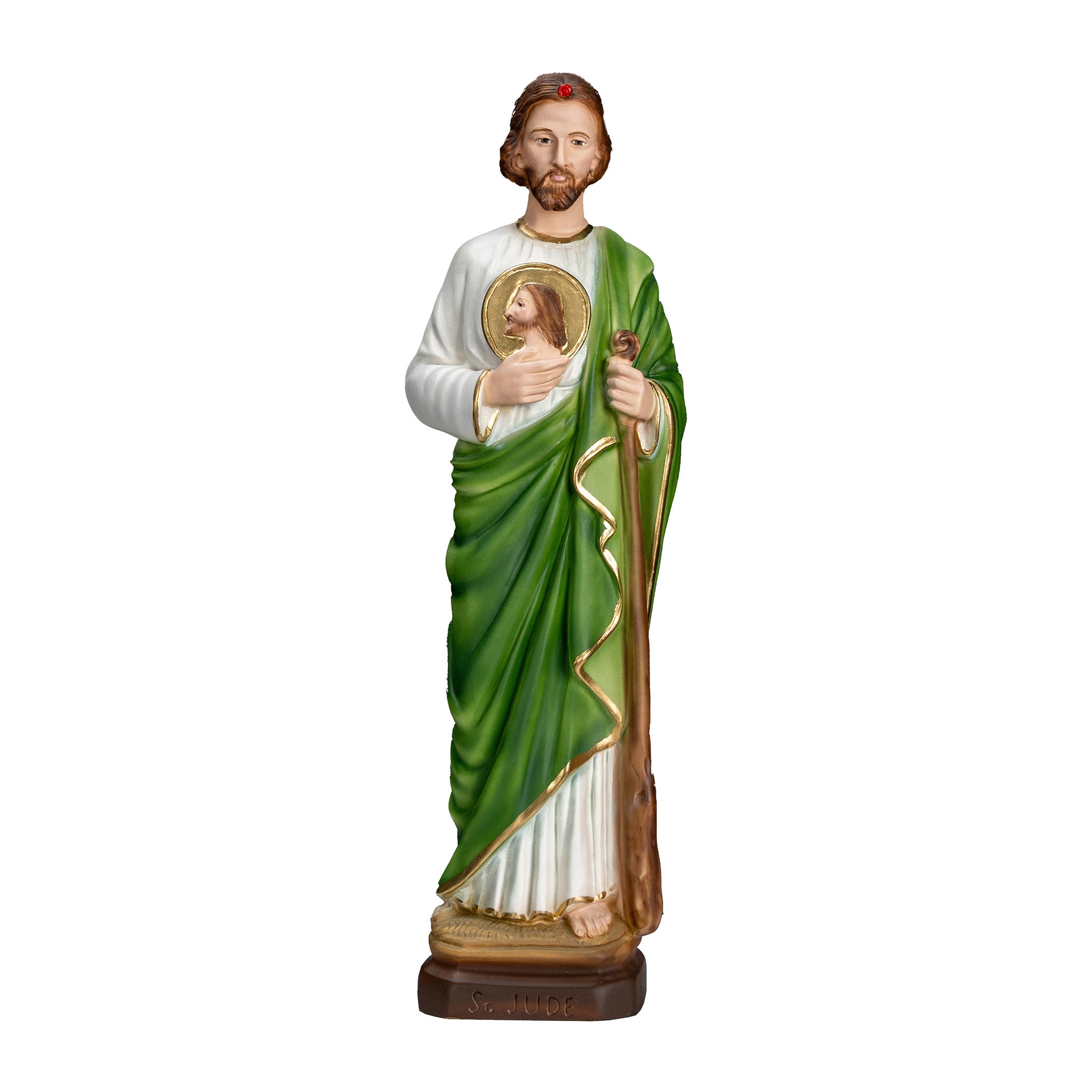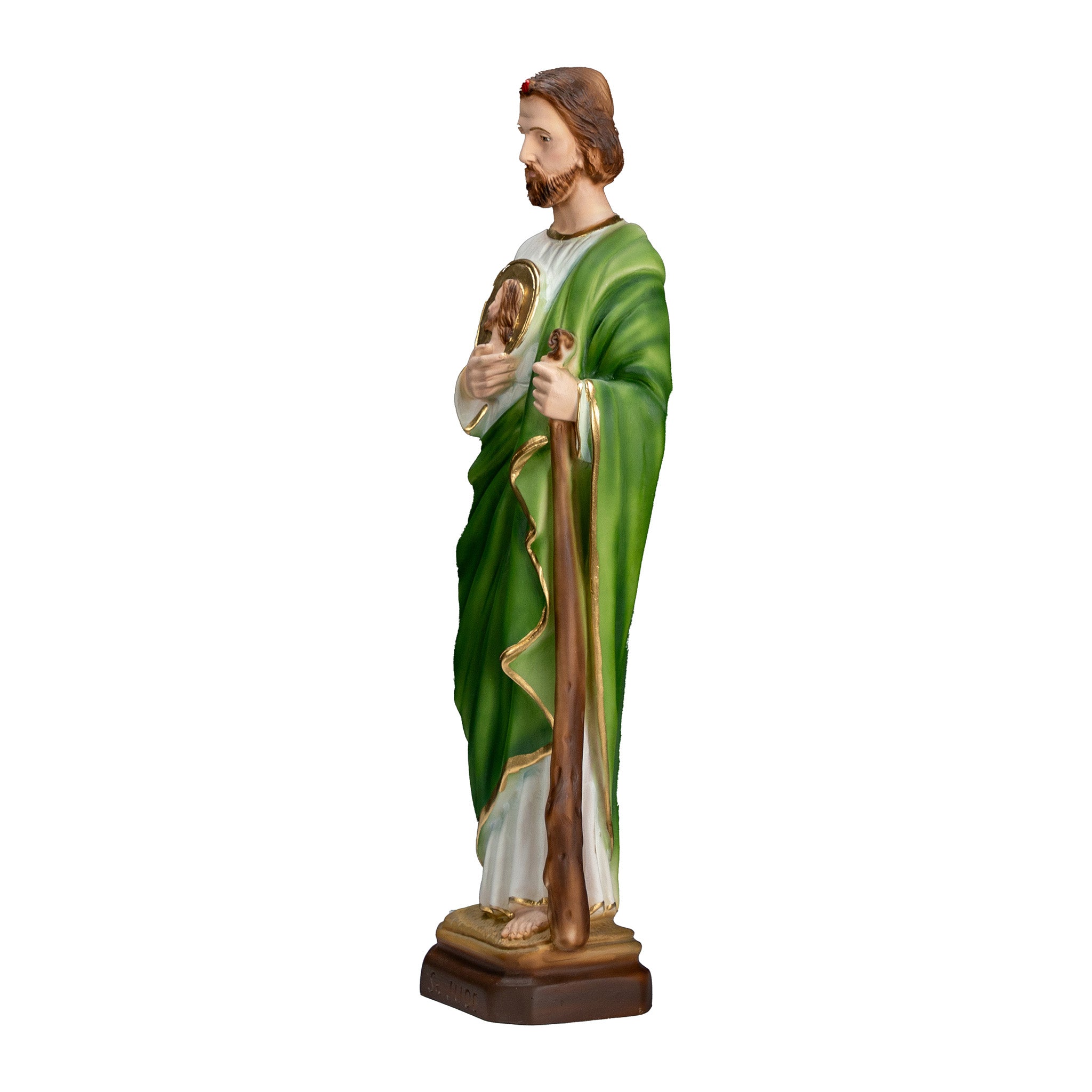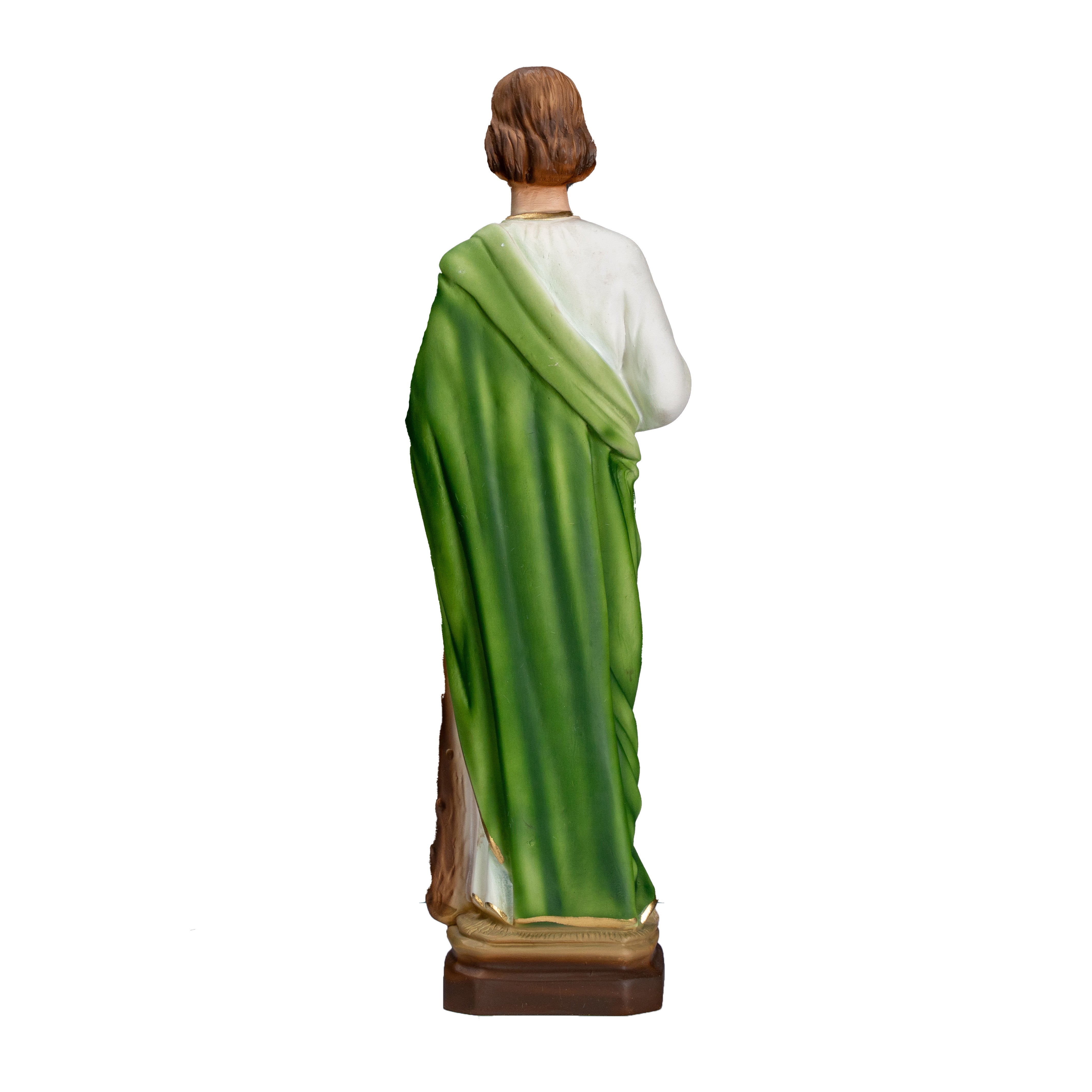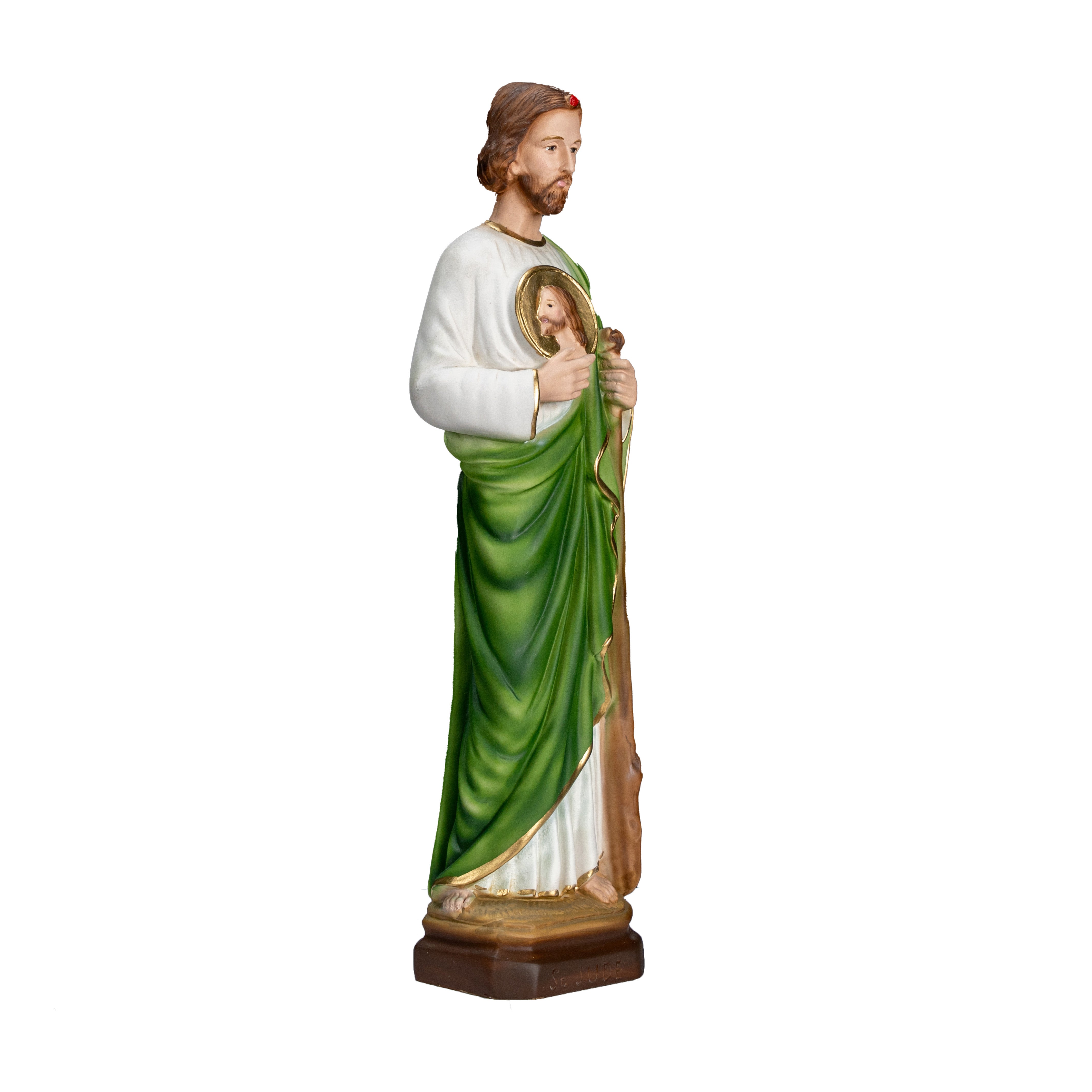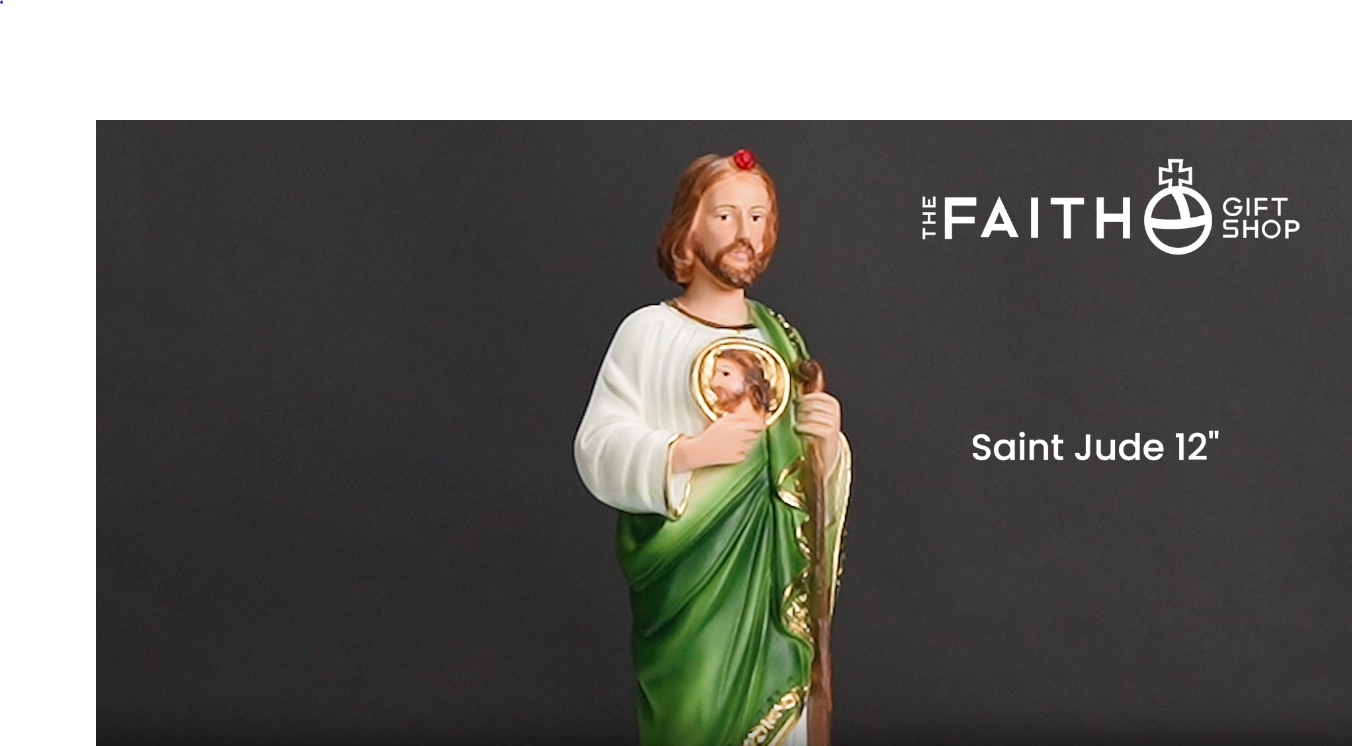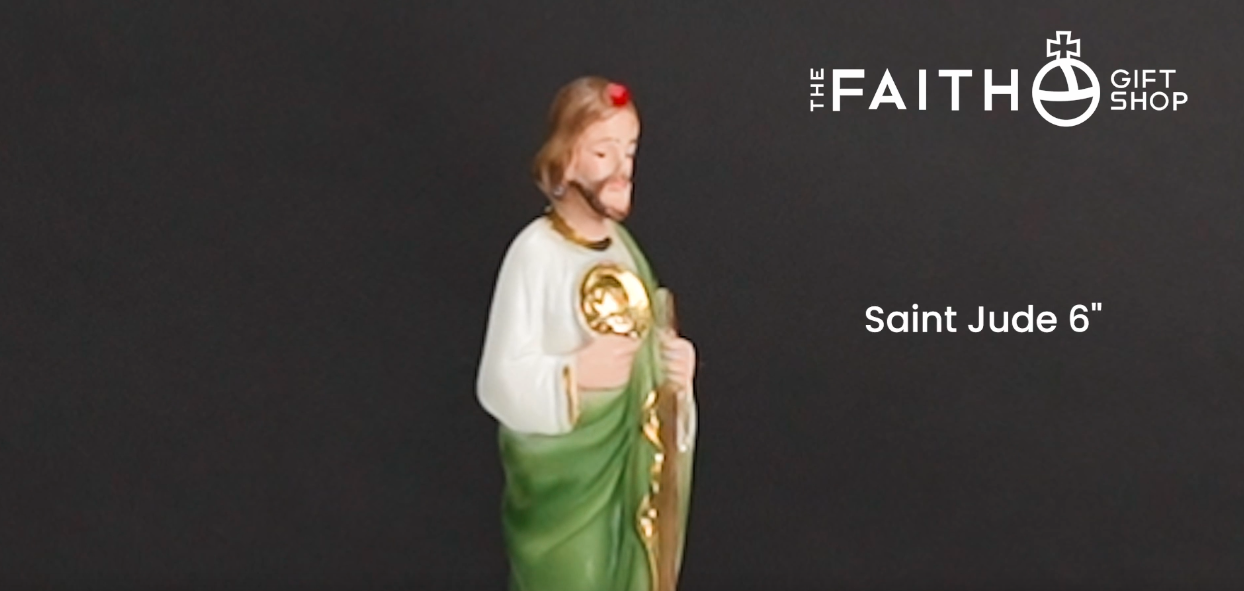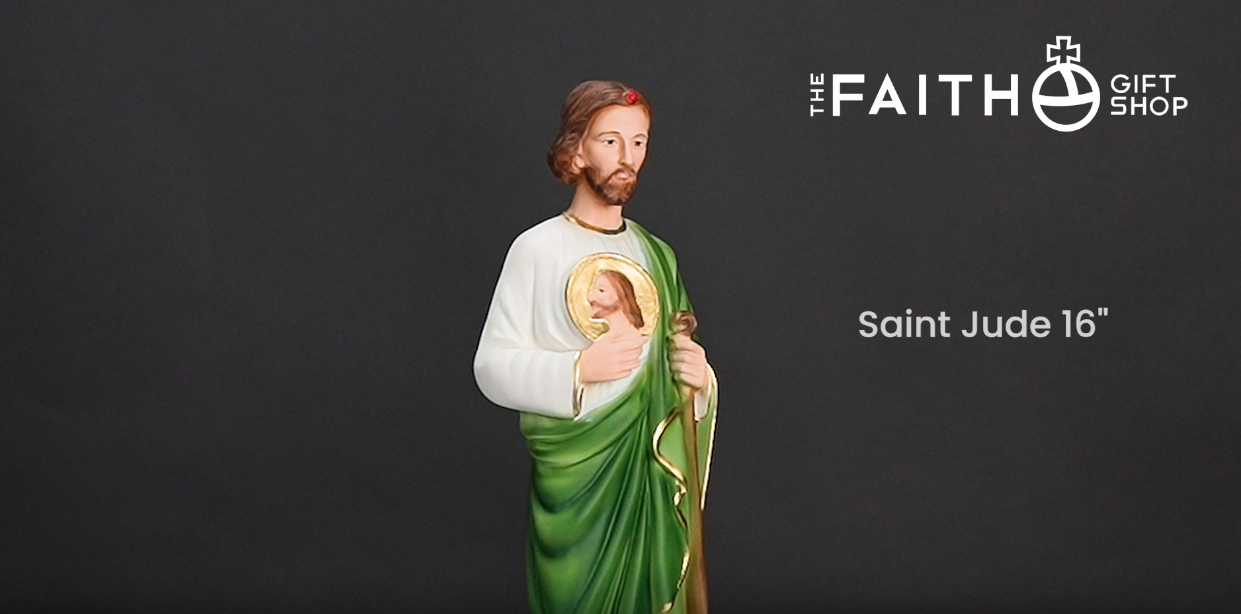For Catholics, the liturgical calendar is an essential tool for keeping track of celebrations throughout the Church year. The liturgical calendar marks each Holy Day, Feast Day, and Solemnity—all important days and occasions for Catholics to honor the Lord and honor their faith.
Within the liturgical calendar, there are a variety of different celebrations, feasts, and other occasions to mark, such as Advent and Lent. Each celebration has its own importance, bringing a unique meaning to the Church year. During Advent, in particular, celebration typically begins around the fourth Sunday before Christmas and lasts until Christmas Day (December 25th). During this time, Catholics typically prepare and reflect upon Jesus’s coming birth by participating in various services and prayers.
Lent, which also carries significant meaning, is typically marked as the 40 days between Ash Wednesday and Easter. During this time, Catholics are encouraged to focus on prayer, repentance, atonement, and renewal—all essential aspects of the journey toward Easter. In addition to these two main moments, the calendar also includes other major feasts, such as the feast of the Epiphany, the Feast of St. Joseph, and the Feast of the Ascension.
In addition to the major feasts, the liturgical calendar also marks minor feasts, typically weekly or monthly. These include feast days devoted to different saints, readings from the Bible, and special intentions or themes. These minor feasts provide additional opportunities to honor the Lord and reflect upon the Scriptures.
The liturgical calendar is a valuable resource for Catholic Churches and congregations. By using the calendar to celebrate and mark important occasions throughout the year, Catholics can deepen and reaffirm their faith. It enables churches to come together, grow closer together, and appreciate the incredible gift of their Christian faith.

ADVENT
The advent season of the church year is a special time for Christians, running from the start of the four Sundays leading up to Christmas. During Advent, Christians around the world gather to celebrate the coming of Jesus, remember the events leading up to his birth, and reflect on their faith. Through special devotional services or worship services, either in-person or online, Christians remember and celebrate the hope, peace, joy, and love that Jesus brings.
Advent means “coming” and as such, it’s time that Christians spend getting ready for the arrival of Jesus. During this time, Christians encourage one another to live a life of expectation and longing, so that we’re constantly looking forward to Jesus’ second coming. Along with the recognition of what Christmas ultimately celebrates, Advent also offers an opportunity to reflect on our own spiritual lives, seeking deep awareness of our faith and the desire to draw closer to Jesus.
Focusing on the four themes of the advent season can be a tremendous aid to the spiritual preparation of any believer. The four aspects of the season include hope, peace, joy and love. Each theme is a powerful reminder of the promise of Jesus’ coming and our answer to his call. Taking the time to really be present with each theme allows Christians to spiritually detach from any distractions and to focus on the real meaning of this special time.
By taking the time to really focus on each aspect of the advent season, Christians can prepare their hearts to receive the news of Jesus’ birth and the blessings that come along with it. As we look toward Jesus’ coming and reflect on the themes of the season, we are reminded of the hope, peace, joy, and love that he brings us. Let us never forget the immense power and importance of the advent season and may this time bring us closer to the one who brings us all hope.
CHRISTMAS

The Christmas season is an important part of the Christian faith, often being celebrated as the birth of Jesus Christ. The Christmas season in churches usually begins with Advent, a four-week period of preparation in faith and devotion. During this time, Christians join together to pray and reflect on their lives in anticipation of Christ’s birth. On Christmas Day, churches celebrate the birth of Jesus with Nativity pageants, like the one described in the gospels of Luke and Matthew.
Advent is followed by the Twelve Days of Christmas, a time of joy and celebration in anticipation of the arrival of the Three Kings also referred to as the Magi. During this period, Christians share presents and raise money for charities. Churches also often organize caroling and other activities.
The Christmas season culminates with the Feast of the Epiphany, which commemorates the visit of the Magi to the baby Jesus. This Celebration usually includes a service focused on the Scripture readings associated with the visit of the magi, as well as festivities and feasts.
The celebration of the Christmas season is a source of great joy and celebration for Christians. As we gather together to celebrate the birth of Christ, we also bring our faith and devotion to the forefront so that we remember the great gift of Salvation that we have been given. By taking part in the rituals and traditions associated with the Christmas season, we build a stronger connection with God, gain a greater understanding of the Christmas story, and come away with hope that Christ’s peace and love will be with us all year.
EPIPHANY
The Epiphany, celebrated on January 6th, marks the end of the 12 days of Christmas and marks the beginning of the Season of Epiphany in the Church year. It is the day when the world celebrates the revelation of Jesus Christ to mankind, the incarnation of Almighty God. As the saying goes, “Epiphany is all about revelation, revealing the unseen.”
In the past, Epiphany was a time of great excitement, a time of celebration, and, most importantly, time of reflection on the meaning of life and our purpose in the world. Churches held services on January 6th that focused heavily on the revelation of Jesus Christ. This included Epiphany homilies and readings, Epiphany blessings and celebrations, and Epiphany processions. Families and friends also gathered together for feasts, performances, and other activities of revelry to celebrate God's grace.
The Season of Epiphany is also a great time for personal reflection and meditation. This season is a call to look beyond ourselves to God's transforming grace and to allow the glories of His divine revelation to reshape our lives and direct our paths. Through prayer and deep soul searching, we can reflect on how much has been revealed to us about God's will and our part in His kingdom.
Through prayer and meditation, we can allow God's truth to shine within us, and shape and renew our lives through His redemption. This is what makes the season of Epiphany such an important and special part of the Church year, one that can help us learn to prioritize His grace and devote ourselves to His service.

LENT
Preparing for Easter" by Fr. Jim Ramel is an excellent blog about the Lent season of the church year. In it, he gives an overview of the season and reflections on how to make the most of this sacred time. He shares insights from the Scriptures, saints, and fellow Christians, inviting readers to join in a spiritual journey of reflection and renewal. He also provides ideas for Lenten disciplines, such as prayer, fasting, almsgiving, and celebrating the Sacrament of Reconciliation.

THE EASTER SEASON
The Easter season is an important and joyous time for Christians each year, celebrating the death and resurrection of Jesus Christ. Accordingly, many churches have begun to focus more of their attention on this time in the church calendar, and many blogs have started to appear discussing the importance of Easter and offering helpful tips for churches looking to strengthen their celebration of the season. Here is a blog about the Easter season of the church year, addressing topics such as Lent, Easter Sunday, and Pentecost. It will provide helpful information and resources on how to make the most of the Easter season.

The Pentecost Season
Exploring the Spirit-Filled Season of the Church Year is a blog run by Sarah Romanchuk. In her blog, Sarah explores the various stories, symbols, and rituals that are associated with the Pentecost season in the Christian tradition. She explores how the Pentecost season marks a time of profound spiritual renewal, and looks at the ways it was celebrated in the early church, as well as the modern-day practices that many churches include in their liturgy. She also covers the important theological themes and implications of this special season in the church year. Sarah’s blog is a great resource for anyone interested in learning more about the spiritual depth and significance of the Pentecost season.

The Ordinary Time
Ordinary Time is an important part of the church year, providing a time of reflection, renewal, and growth. Ordinary Time comes after the major feasts of Christmas and Easter and is a period of “ordinary” time in which we’re called to live in the day-to-day and to be guided by Jesus’s teachings.
Living in this season of Ordinary Time is a reminder that no matter what is going on around us in the world, Jesus is always present and is capable of guiding us through it all. During Ordinary Time, we’re called to live our lives following Christ’s teachings, taking his words and applying them to our daily life, no matter what time of year it is.
It’s also a time to reflect on our Lenten resolutions as we strive to follow the path of Jesus. As we enter into Ordinary Time, we can look back on the spiritual growth and personal gains that have been made during our time of prayer, fasting, and abstaining. We can take the lessons of Lent and apply them to our lives, striving to follow and serve Jesus faithfully.
In Ordinary Time, we also have an opportunity to pause and take a look at what God is doing in our lives and in the world around us. We can look for ways to be generous with our time and resources in our service to God. We can look for ways to seek peace and justice and work towards God’s Kingdom here on Earth.
Ultimately, Ordinary Time is a time for us to deepen our relationship with God and to do the work of following Jesus. As we enter into Ordinary Time, may we be filled with a renewed spirit and a desire to serve Him faithfully.


